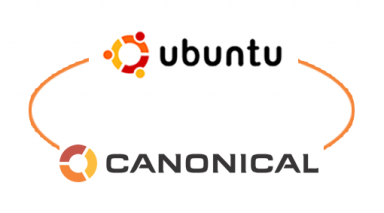
"Our business model is entirely based on services around our software. Because Canonical plays such a key role in Ubuntu, even though it doesn't monopolise access to it, we're a preferred partner for Ubuntu. Whether it's technical support, which we think people are more likely to buy from us than from anybody else, or whether it's engineering, customisation, or the enablement of the platform on particular hardware, Canonical has a privileged position."
Shuttleworth puts forward an interesting argument for how businesses can function around an open source product (although he concedes that Canonical is not yet breaking even, saying, "We've positioned ourselves for what we see as the future of software ... if we are the company that has best anticipated that future, then we will be best positioned to benefit from it." So I guess we'd better be confident in the future of open models.
As I have touched on before, it would seem that the business case for open source products is more about quality of services such as support, manufacturing and distribution, and expertise (look at LadyAda/Adafruit), more than simply being the first in there . Although in Canonical's case, it obviously helps that they have been responsible for much of the development of Ubuntu!
Something new that I recently learnt about Ubuntu, is that there are several different variants available, including Ubuntu Studio, a multimedia-creation flavor of Ubuntu. Great to see developers customising/optimising a source product for specific users. Maybe this is how we can move rapidly towards more personal, appropriate products.



No comments:
Post a Comment